Stainless Steel Torsion Springs: Reliability and Performance
Torsion Springs are essential components in modern industrial applications, offering precise functionality in a wide range of mechanical systems. Among the various types of torsion springs, stainless steel tight torsion springs stand out due to their superior materials and exceptional performance. These springs provide unmatched durability and accuracy, making them indispensable in high-demand environments. Whether in complex mechanical devices or long-term operational conditions, Stainless Steel Torsion Springs deliver consistent reliability and performance.

Material Selection and Advantages
One of the standout features of stainless steel tight torsion springs is the use of high-quality stainless steel. This material is not only strong but also highly resistant to corrosion. In harsh environments such as marine, chemical, and outdoor applications, stainless steel springs exhibit impressive resilience, significantly extending their service life. For instance, a factory supplied stainless steel torsion springs for an offshore wind energy project, where these springs endured exposure to saltwater, strong winds, and other extreme conditions without compromising performance. This high resistance to corrosion ensures that stainless steel springs outperform traditional steel springs in environments prone to rust and degradation.
Research indicates that 304 stainless steel exhibits more than ten times the corrosion resistance of carbon steel. This superior property makes stainless steel torsion springs ideal for long-term use in marine or chemical environments, reducing maintenance costs and enhancing the reliability of the equipment.
Precise Torque Control
Another advantage of stainless steel tight torsion springs is their ability to provide precise torque control, making them ideal for applications that require specific rotational force. For example, a manufacturer used stainless steel torsion springs in a car door lock system, where the springs needed to deliver a precise return force to ensure the door closed reliably under various conditions. By adjusting the number of coils and diameter of the springs, engineers were able to control the torque output with high accuracy.
Data shows that by varying design parameters such as coil count and diameter, the torque output error can be controlled within ±5%. This precision ensures that mechanical systems operate consistently, preventing malfunctions caused by torque fluctuation and ensuring long-term functionality.
Durability and Fatigue Life
For applications involving high-frequency operation, fatigue life is a crucial factor. In appliances, automotive systems, and industrial machinery, certain components are subjected to frequent, repetitive motion, making spring fatigue characteristics essential. In a high-end automatic coffee machine, for example, stainless steel tight torsion springs were used in the nozzle control system. These springs withstood millions of operations while maintaining excellent performance, far surpassing the fatigue life of springs made from other materials.
According to tests on AISI 302 stainless steel, its fatigue strength limit reaches up to 500 MPa, making it suitable for high-load, repetitive twisting applications. Whether in mechanical devices with continuous motion or in electronic products with long operational cycles, stainless steel tight torsion springs retain their high performance even under demanding conditions.
Diverse Applications
Stainless steel tight torsion springs are widely used in various industries due to their excellent performance. From household appliances to Automobiles, precision instruments to industrial equipment, these springs provide reliable support. For instance, a company used stainless steel torsion springs for its electric door system, where the springs played a key role in the door's automatic opening and closing mechanism. In high-frequency systems, these springs provide reliable, consistent torque, ensuring efficient operation for extended periods.
An industry study from 2019 found that approximately 72% of electric door manufacturers reported that stainless steel tight torsion springs significantly improved their products' durability and extended their service life. These springs not only handle high-frequency operations but also resist external environmental factors such as temperature fluctuations and humidity.
Flexibility in Custom Design
Because each application has unique requirements, stainless steel tight torsion springs often need to be custom-designed. A precision machinery manufacturer worked with a spring supplier to design custom torsion springs that met the specific torque and fatigue life requirements of their systems. By collaborating with the supplier, the customer was able to precisely adjust the spring's design parameters based on the operational environment and performance needs.
Custom design options significantly improve the adaptability and performance of tight torsion springs. Data from a leading spring manufacturer indicates that custom-designed springs have performance tolerances within ±2%. This high level of customization ensures that mechanical systems operate with exceptional precision, reducing the risk of failure and enhancing the reliability of critical systems.
Precision Manufacturing and Quality Control
To ensure that stainless steel tight torsion springs maintain their reliability and performance, each step of the manufacturing process must adhere to strict quality control standards. For example, an aerospace company ordered custom stainless steel tight torsion springs for its flight control systems. These springs were manufactured using advanced CNC equipment and subjected to rigorous quality checks to guarantee their precision and mechanical properties met aerospace industry standards.
According to NASA's Materials & Processes Technical Handbook, the precision of springs in aerospace applications must meet tolerances of ±0.05mm. Through CNC machining, manufacturers can achieve tolerances as tight as ±0.01mm, ensuring high reliability for critical systems where failure is not an option.
Conclusion
Stainless steel tight torsion springs are indispensable components in industries that require durability, precision, and long-term reliability. With their resistance to corrosion, precise torque control, superior fatigue life, and customization capabilities, these springs are well-suited for a variety of applications, including in marine, automotive, household appliances, and precision machinery sectors. As technology continues to advance, the demand for stainless steel tight torsion springs is expected to grow, driving further innovation and performance improvements in mechanical and electronic systems across industries.







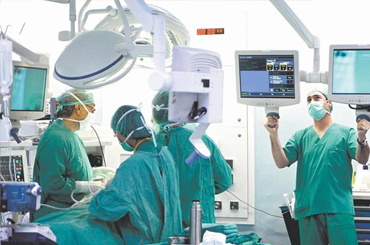
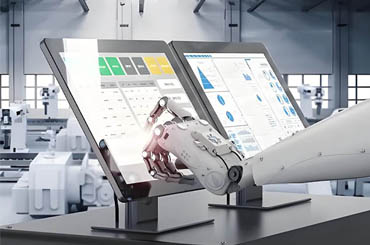
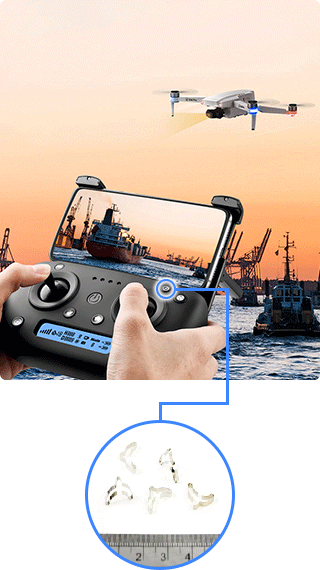
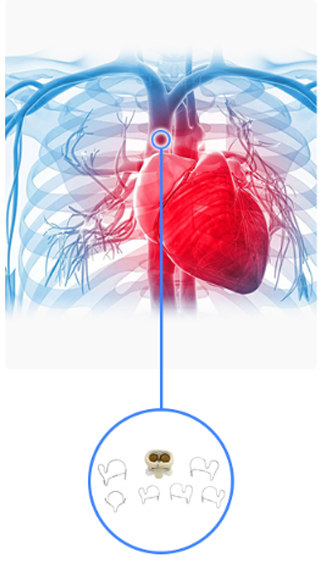
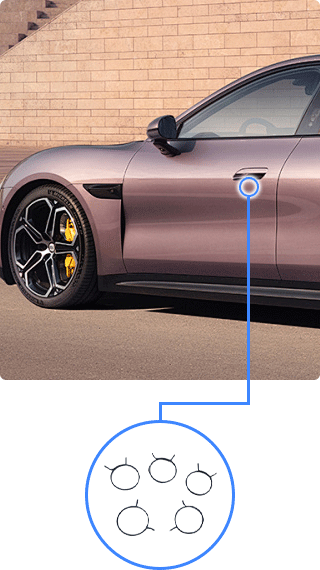
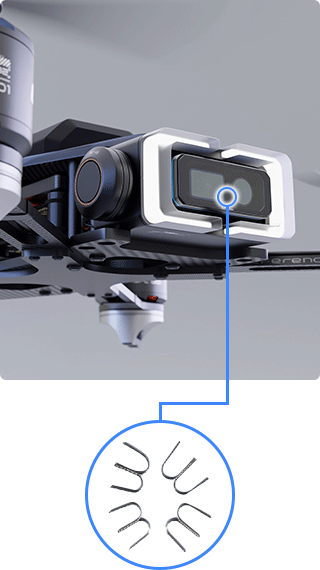
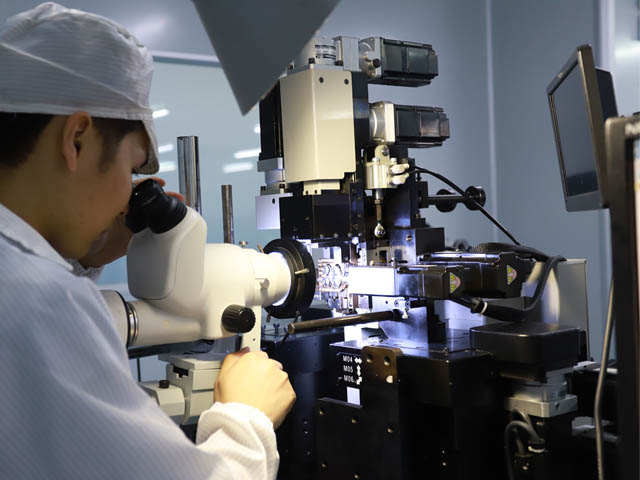

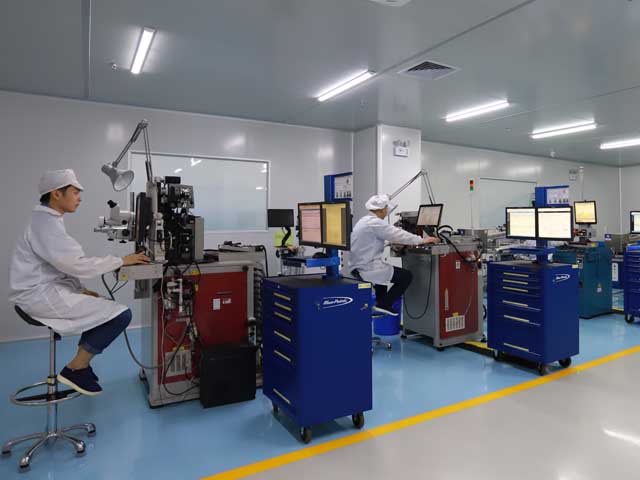






 English
English
